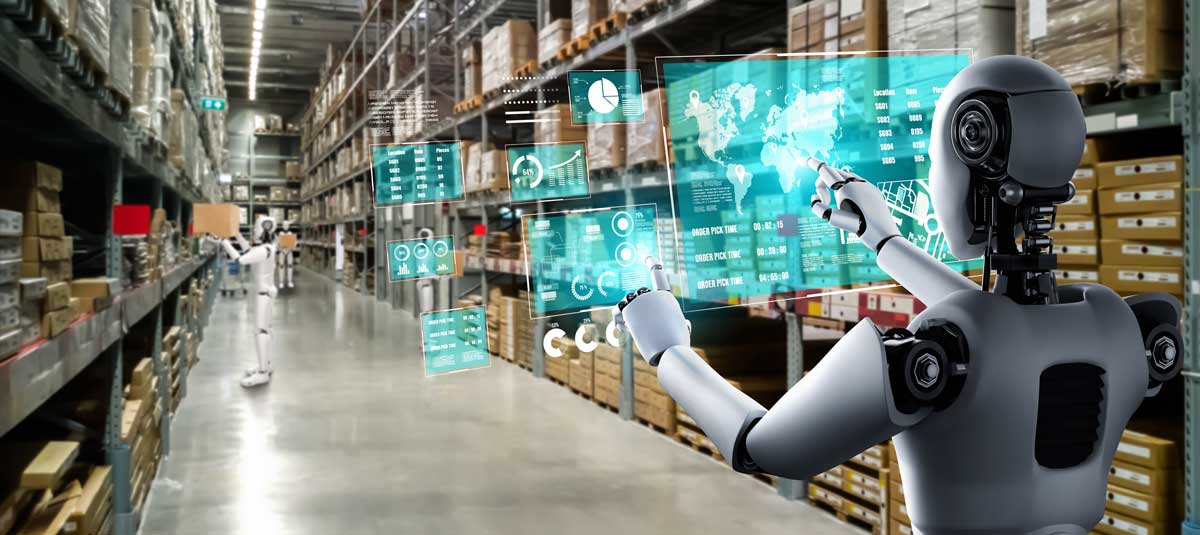In a recently published article, New York Times opinion columnist David Brooks quotes scientist Douglas Hofstadter for its title, “Human Beings Are Soon Going to Be Eclipsed.” Mr. Brooks writes that he was happy when he read a Hofstadter essay from 2018 that argued that Google Translate was a shallow product, not capable of replacing a human translator’s creative abilities.
Mr. Brooks noted that over the past few months, he has become an AI limitationist. What he means by using that term is that AI is a great tool but will never be capable of replacing a human mind. The article written by Hofstadter made him happy because it appeared that Hofstadter is an AI limitationist as well.
After reading the 2018 essay, Mr. Brooks was startled when he read in a recent AI newsletter that Douglas Hofstadter had changed his mind about AI. He followed a link in the article and heard Hofstadter say on a podcast that “human beings are soon going to be eclipsed.”
As only someone with David Brooks’ contact list can do, he called Douglas Hofstadter to find out why he had changed his mind. Hofstadter told him that ChatGPT was “’jumping through hoops I would never have imagined it could. It’s just scaring the daylights out of me.’”
According to Mr. Brooks, Hofstadter has argued that “intelligence is the ability to look at a complex situation and find its essence.” Humans mostly use analogy as the way to simplify complex situations. Hofstadter said that AI could not do this type of thinking as recently as two years ago. However, it’s now doing this all the time. If AI can do this type of thinking, Hofstadter concludes that it is developing consciousness.
Hearing Hofstadter say that shook Brooks. However, he still sees AI as an inanimate tool. His viewpoint as an AI limitationist has been jarred. He writes that Hofstadter is essentially saying that if AI can solve intellectual problems (specifically defined above), then who are we to say that it is not thinking. Lastly, Hofstadter argues that AI’s brains are improving at an astonishing rate, while humans’ brains are not.
I must thank a friend of mine for sending me a link to David Brooks’ essay. My opinion about AI is closer to Hofstadter’s than it is to Brooks.’ However, if I were to rewrite Brooks’ title, I would title it “Humans With a Poor Education Will Be Eclipsed by AI.” If the advent of AI isn’t a wakeup call for every educator, education administrator, and policymaker; than he/she is clearly asleep at the switch.
Sit back and read Brooks’ opinion piece and Hofstadter’s comments. They’re reporting that AI is doing some wonderfully intelligent things at speeds faster than most humans can. I would categorize Brooks and Hofstadter as being above average if not superior to most humans in intelligence. We are in trouble when our above average intelligence people worry about AI.
But that is what I am worried about. I am a beneficiary of great education and post-education experiences. People of average and below average intelligence are going to lose their jobs. Why am I certain of this? Because people of above average intelligence are starting to pay attention to AI and in some cases, are soaking up as much knowledge and familiarity about these tools as they can to avoid the fate of the ignorant worker.
The CEO of a several thousand employee public company related to me last week that he told his employees that they don’t “have to” learn how to use ChatGPT and other AI tools. He followed that up with “but your replacements will know how to use ChatGPT and other AI tools.” A friend of mine reported that he had dinner with another CEO of a company that employed hundreds of programmers and software engineers. The CEO predicted that AI would replace many of the company’s employees on the software side.
While ChatGPT may be able to write a poem in iambic pentameter like Shakespeare or generate a spooky story in the style of Stephen King, it’s not going to match either of those writers in terms of their genius and creativity. But Shakespeare and Stephen King are above average humans.
If we don’t transform our education system to successfully teach our citizens how to think critically and use these new AI tools as assistants to their learning and skilling, the majority will be left behind. AI will replace many jobs. The World Economic Forum predicted that in their Future of Jobs 2023 report. They added that AI would also create jobs. I believe their prediction for the creation of jobs by AI presupposes that people can enhance their standing as a worker by learning how to use AI tools. What if they can’t because they haven’t learned to be critical thinkers because they’ve received a poor education? Time is running out and AI is causing the clock to run faster and faster.











